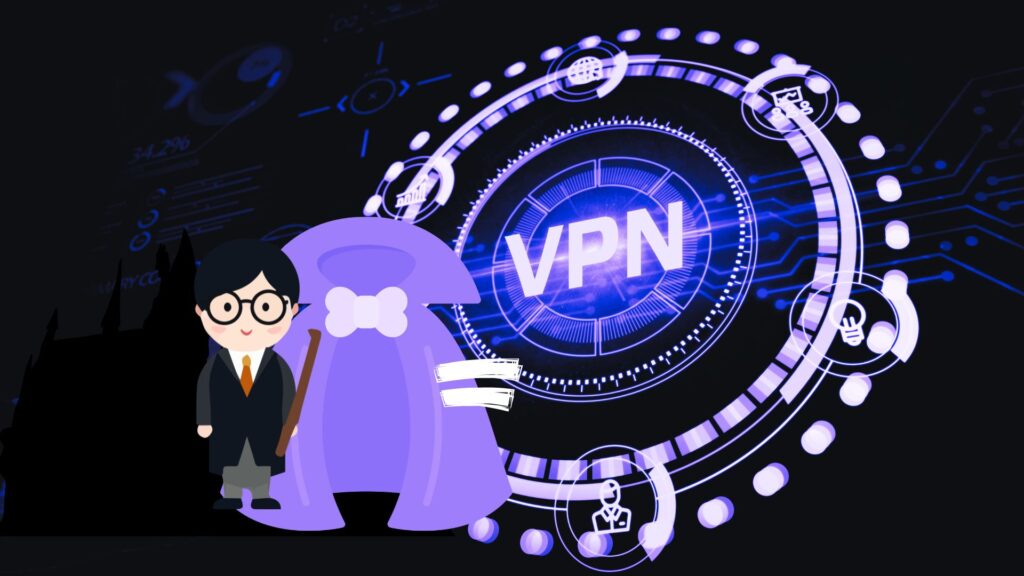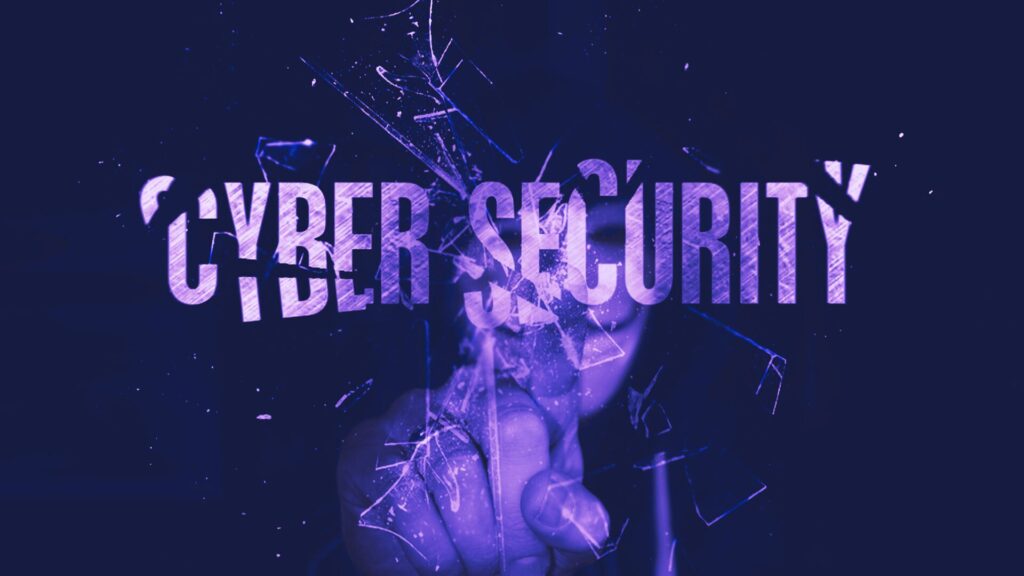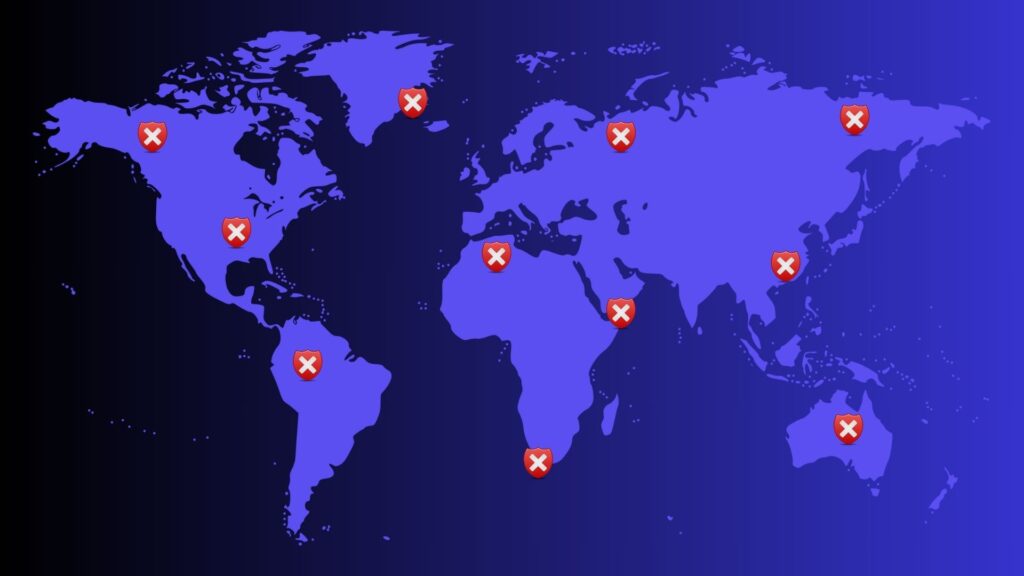If you’ve ever watched Harry Potter, you’ll remember when Dumbledore gifts Harry the invisibility cloak. Suddenly, he was able to move around Hogwarts without being seen. Incredible! What if we could do the same, but on the internet? That’s where VPNs come in.
What is a VPN?
A VPN, or virtual private network, is an encrypted tunnel for your internet connection. When you use a VPN, it creates a secure connection between you and the website or service you’re using so that your connection isn’t easily available for others to read and understand. In other words, your connection would be like Harry when he’s wearing the invisibility cloak – protecting your online activity from the dark wizards.
How does a VPN work?
Let’s break down how a VPN works in five steps:
- As soon as you connect to a VPN, the VPN service will authenticate you to a VPN server.
- The server will begin applying an encryption protocol to all the data that you are planning to either send or receive during your session.
- The VPN service will create an encrypted connection or tunnel which will be used to send and receive data.
- The VPN service then wraps each of your data packets in another packet through a process called encapsulation which keeps your data secure when it’s travelling through the tunnel.
- And finally, the data will be decrypted when it’s at the destination.
While this is a high-level explanation, the idea is that your data is encrypted when you’re browsing using a VPN. Think of it in the same way as when Harry was walking through Hogwarts’ corridors wearing his cloak.
It’s important to note that a VPN does NOT protect you from everything. For example, if your device is already compromised and a hacker has access to it, the VPN will not be able to remove the hacker. Therefore, it’s always important to ensure that you follow a layered approach with cyber security so that you can protect all the many layers that a hacker will try to use for their attack.
Benefits of using a VPN
Using a VPN can help to keep your data safe online. Here are a few reasons to consider using a VPN:
- Unfortunately, hackers are not the only ones tracking your online activity – your internet service provider (ISP) and websites track you too. Using a VPN helps to reduce online tracking.
- VPNs offer enhanced security because you can secure your connection if you choose to use public or free Wi-Fi.
- Think of all those Netflix shows that aren’t available in your country… VPNs allow you to view different content by making it seem like you’re browsing from a different location.
- Hackers are always looking for easy targets. A VPN makes it much harder for them to gain access to your account and data because of the added security (from your invisibility cloak).
- Remember how Harry used his invisibility cloak to hide his identity? A VPN does the same but with your real IP address – it hides it by replacing it with a generic server IP address.
How people often use VPNs
While you can use a VPN for many different reasons, here are three common ways that people use VPNs:
- Online shopping: You can enter your payment details securely because the VPN protects your data between you and the website.
- Traveling abroad: Securely access your bank account without worrying about local network risks. You can also change your location to connect to home services.
- Working remotely: You’ll be able to connect to your company’s network from anywhere, securely.
What to consider when choosing a VPN
Don’t rush to get just any VPN because not all VPNs are created equal. Channel your inner Hermoine and consider these key tips when choosing a VPN:
- Check that the VPN uses strong encryption to provide better security.
- Check that the service provider follows a “no-logs” policy, which means that they don’t keep any records of your online activities.
- The VPN should have multiple server locations available which allows better connections.
- The VPN should provide fast connection speeds and doesn’t throttle your connection, making your browsing slower.
- The VPN needs to be really easy to use.
Try NordVPN
We’ve been using NordVPN for a while and it is our preferred VPN service. NordVPN is best for overall security and ease of use.
Key features of NordVPN:
- Uses incredibly strong encryption.
- Doesn’t track user activity.
- One of the fastest VPNs available.
- User-friendly apps for all devices.
- 30-day money-back guarantee.
Give NordVPN a try → NordVPN
Disclosure: As your trusted cybersecurity guide, we want to be transparent that the above link is an affiliate link. This means we may earn a commission if you purchase through it (at no extra cost to you). We only recommend services we’ve tested and believe in. Your support helps us continue providing free educational content like this article!
Happy safe browsing!
In the wizarding world, a VPN is like saying “Expecto Patronum” to hackers – use it as one of your tools to stay safe online. The more we try to protect ourselves online, the less likely we’ll be the next target of a cyber-attack. Be secure!



